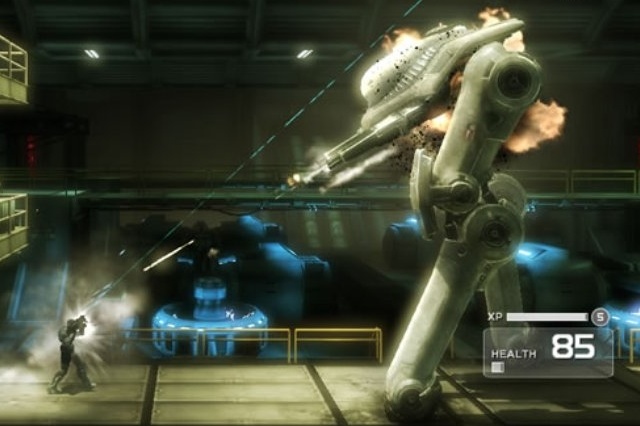
These games are the first of many Xbox 360 titles relaunching via the New Xbox One Experience’s expanded functionality. Featured backward-compatible Xbox 360 games require publisher approval and additional development time in order to earn certification for an Xbox One release, resulting in a staggered release schedule.
Of the 104 Xbox 360 games that will be newly playable on the Xbox One this week, many previously saw retail release, including Assassin’s Creed II, Borderlands, Mass Effect, Condemned: Criminal Origins, Fable II, South Park: The Stick of Truth, Fallout 3, and Mirror’s Edge. Users who bought these games digitally can download Xbox One-compatible versions starting this week, and retail discs are also supported.
The majority of Xbox 360 games arriving for the Xbox One this month are culled from the console’s Xbox Live Arcade library. Shadow Complex, Super Meat Boy, A World of Keflings, Castle Crashers, Metal Slug 3, and Toy Soldiers will be among the first legacy XBLA releases to arrive on the Xbox One this month.
Publisher Sega, in particular, offers up a large chunk of its back catalog with this month’s backward compatibility launch, including Golden Axe, Crazy Taxi, Nights Into Dreams, and several entries in its Sonic the Hedgehog franchise. Developer Rare also contributes a number of backward-compatible games, all of which are currently playable via the Xbox One retro compilation Rare Replay.
Microsoft notes that additional titles will receive backward compatibility support on a monthly basis. The next batch of backward compatible games includes standouts like Halo Reach, Halo Wars, Call of Duty: Black Ops, BioShock, BioShock 2, BioShock Infinite, and Skate 3.
Xbox 360 backward compatibility will be available with the launch of the New Xbox One Experience dashboard update on November 12th. The full list of compatible games is available here.


